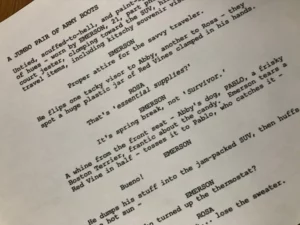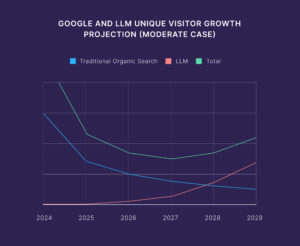“Uncovering the Secret: Are Your Beloved Books Fueling the Next Generation of AI?”
In a digital age where information is abundant yet closely guarded, the saga of Library Genesis (LibGen) serves as a striking reminder of the complex dance between knowledge sharing and copyright infringement. Imagine a vast online repository—one that houses everything from scholarly papers to best-selling novels—born from the ashes of a restrictive regime in the Soviet Union, cleverly circumventing the barriers placed upon free access to information. As you delve into this article, consider this pivotal question: what happens when powerful tech giants utilize these shadow libraries to train artificial intelligence systems, potentially swiping authors’ hard-earned intellectual property in the process? With high-stakes legal battles brewing and prominent authors taking a stand against such practices, the consequences of this ongoing conflict extend far beyond the courtroom, thrusting a spotlight on the very essence of creativity, ownership, and the future of publishing. Buckle up as we explore the implications of this digital debate—because the fate of authorship and innovation hangs in the balance. LEARN MORE.
“In 2023, a group of educational and professional publishers, including Macmillan Learning and McGraw Hill, sued LibGen. This time the court ordered LibGen to pay $30 million in damages, in what TorrentFreak called ‘one of the broadest anti-piracy injunctions we’ve seen from a U.S. court.’ But that fine also went unpaid, and so far authorities have been largely unable to constrain the spread of these libraries online. Seventeen years after its creation, LibGen continues to grow.” – The Atlantic












